National Care Service - complaints: findings summary - easy read
This report sets out findings we have gathered through research and co-design that relate to complaints and redress.
Part 4
Co-design sessions

We want complaints to be:
- fair
- effective
- consistent
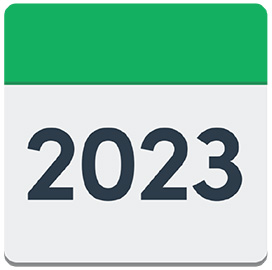
Between May and September 2023 we did co-design activities with a wide range of communities across Scotland.

Co-design means:
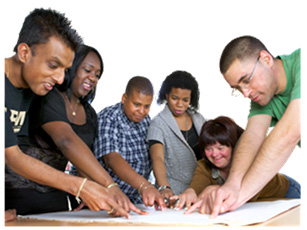
- you can share your ideas and experience with us
- working with other people to find out how we can make things better
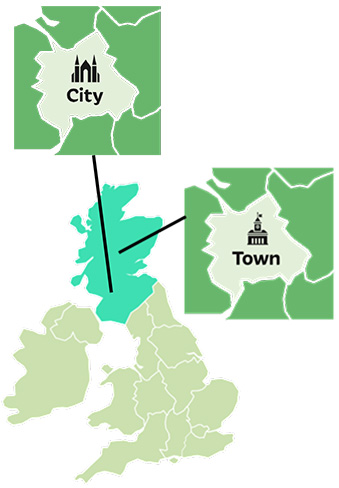
The co-design activities were held in cities and smaller towns and communities across Scotland.
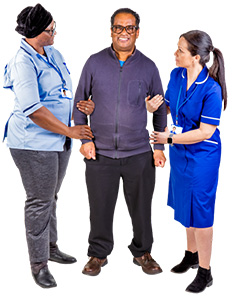
We spoke to around 200 people with lived experience. This includes people who:
- access care support
- provide care support
During these sessions we wanted to:
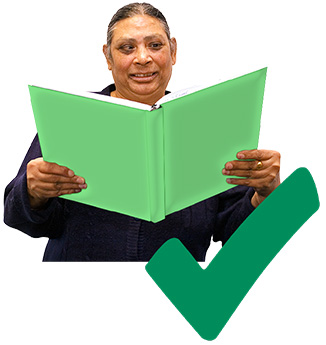
- check that information we learned from our research is correct
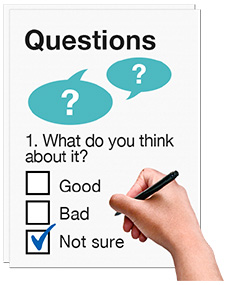
- learn about people’s experience of making a complaint right now
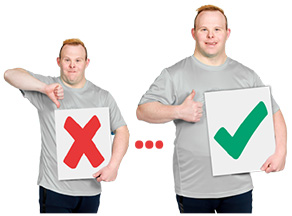
- learn about what people would most like to make better about making a complaint
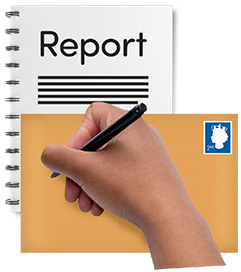
We sent information we learned from our research to people before the co-design sessions. You can read this in part 6.
We found out about:
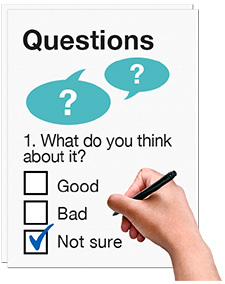
- how people experience making a complaint

- what is important to people when making a complaint
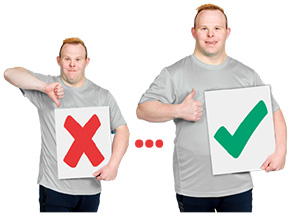
- ideas to make the experience of making a complaint better

We will continue to run more co-design activities.
Co-design – what we learned

We learned 5 main things from these co-design activities:

- It should be easier to find out how to complain
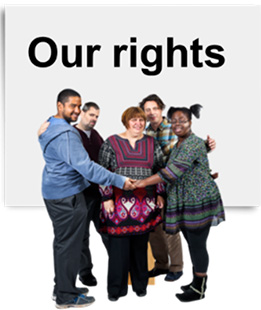
- People should be told about their rights and how to make a complaint or provide feedback when their rights are not met
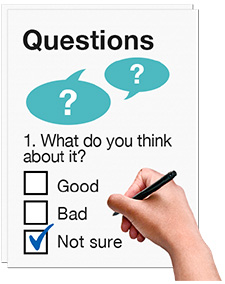
- Services should ask people using their service for feedback to fix issues quickly and improve their services
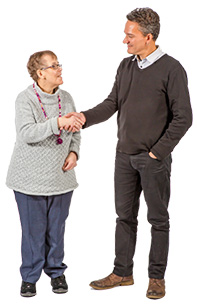
- Good conversations with the people who deal with complaints helps people to trust that their issue will be fixed
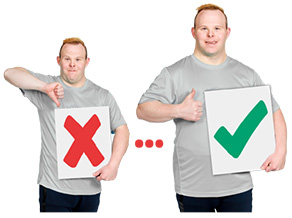
- People want to know that their complaint or feedback will make services better
It should be easier to find out how to complain
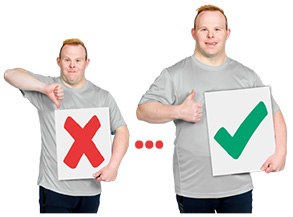
The first thing we learned from these co-design activities is that it should be easier to find out how to complain.

People told us it is confusing to make a complaint. People do not know where to make a complaint and information is not always easy to understand.
People told us that this could be improved by:

- giving people information on how to complain and provide feedback when they first access care support

- telling people about advocacy services that can support them to make a complaint

- all services handling complaints in the same way

- making it possible to make a complaint in different ways.
This includes:
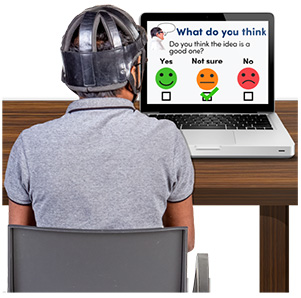
- online
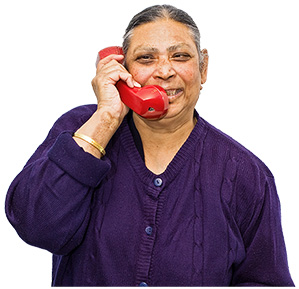
- by phone

- by letter

- speaking to someone in person
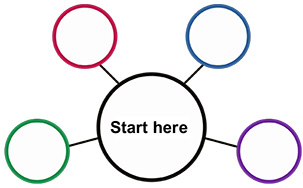
One person said we should make it possible for people to submit a complaint to one place or person. They would then pass the complaint on to the right person to fix the problem.

Another person told us that people should be given information about how to make a complaint when they first begin to receive care support.

Another person suggested we create a list of places that people can get support to help them to share their feedback with services. This support could help people to make a complaint and what to do when they receive a response to a complaint.

We know that there are a number of organisations that currently deal with complaints.
We will use what people have told us to look at:

- how to make it easier for people to understand where and how to make a complaint
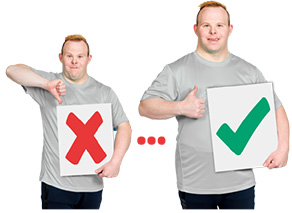
- what we can make better for people who want to make a complaint
People should be told about their rights and how to make a complaint or provide feedback when their rights are not met

The second thing we learned from these co-design activities was that people should be told about their rights and how to make a complaint or provide feedback when their rights are not met.
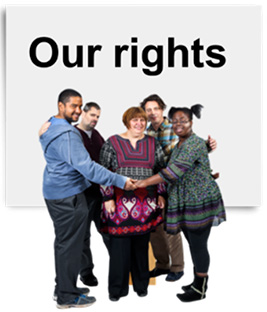
We heard that it is important that people understand they have a right to make a complaint.
Rights are part of the law. The NCS Charter of Rights and Responsibilities will tell people what their rights are and how to make a complaint when their rights are not met.
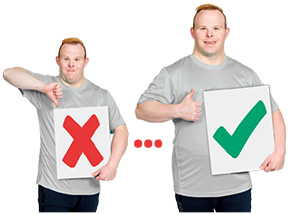
We also heard that people who receive support from services know how to make them better. It is important people feel confident about giving feedback to services they use.
People also told us:
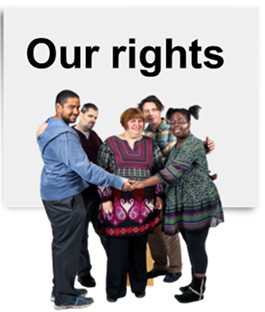
- People should be told that making a complaint is a way to make sure their rights are respected
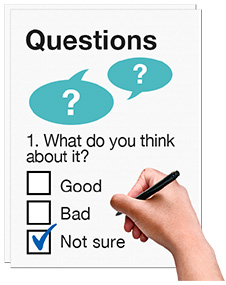
- National Care Service services should ask people for feedback to understand what is working well and what is not working well
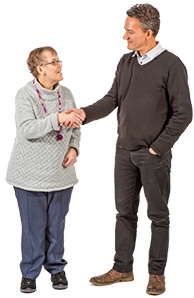
- They should not worry they will be treated badly if they make a complaint
- People should be able to complain anonymously or confidentially

An anonymous complaint is when you do not give any personal details like your name and address. This means that you will not be told about how your problem will be fixed.
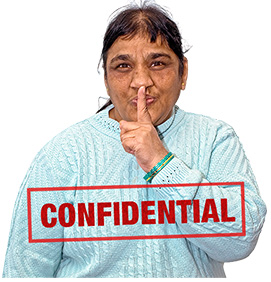
A confidential complaint is when you give the person dealing with your complaint your name and contact details to let them speak to you about the problem and how it will be fixed. Your identity is not shared with the service you are making a complaint about.
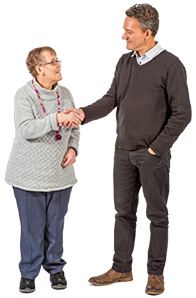
During our co-design sessions, one person said that services should tell people that they want to know what people think about their service. People who use care support and deliver care support need to work together.

Another person said they would not make a complaint. They told us it was hard to get care support and they would be worried this would be taken away if they made a complaint.
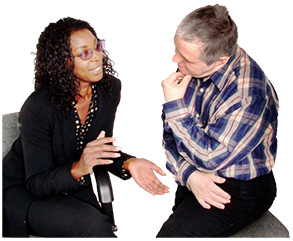
Another person told us that care workers should make people feel safe to give feedback about their service.
We will use what people have told us to:
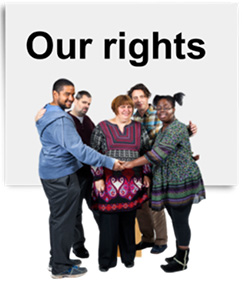
- Help people understand their rights
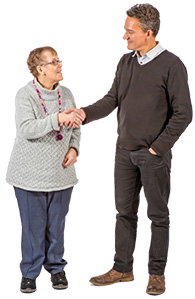
- Help people feel safe and confident to make a complaint

- Help us to understand what information about making a complaint should be included in the NCS Charter of Rights and Responsibilities
Contact
Email: NCScommunications@gov.scot
There is a problem
Thanks for your feedback